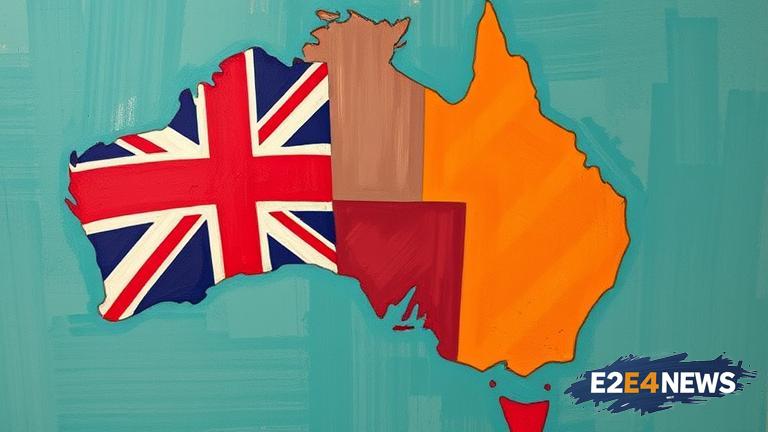The Disability Royal Commission, established in 2019, has been investigating the mistreatment and neglect of people with disabilities in Australia. After conducting extensive research and gathering testimonies from individuals, families, and organizations, the commission has finally released its comprehensive report. The report outlines a series of recommendations designed to bring about significant changes in the way people with disabilities are treated and supported. One of the key recommendations is the establishment of a new national disability advocacy service, which will provide independent support and guidance to individuals with disabilities. The commission also recommends the development of a national disability workforce strategy, aimed at improving the skills and training of disability support workers. Furthermore, the report emphasizes the need for increased funding for disability services, including the National Disability Insurance Scheme (NDIS). The commission also highlights the importance of addressing the social and economic disparities faced by people with disabilities, including access to education, employment, and healthcare. The report notes that people with disabilities are more likely to experience poverty, social isolation, and poor health outcomes, and that urgent action is needed to address these issues. The commission recommends the implementation of a national disability employment strategy, aimed at increasing the participation of people with disabilities in the workforce. Additionally, the report suggests the development of a national disability education plan, which will focus on improving the educational outcomes of students with disabilities. The commission also emphasizes the need for better access to healthcare services for people with disabilities, including mental health services and crisis support. The report highlights the importance of involving people with disabilities in the decision-making process, and recommends the establishment of a national disability advisory council. The commission also recommends the development of a national disability data collection system, which will provide accurate and reliable data on the experiences of people with disabilities. The report notes that the current data collection system is inadequate, and that better data is needed to inform policy and service delivery. The commission’s recommendations have been welcomed by disability advocacy groups, who have been campaigning for change for many years. However, some groups have expressed concerns that the recommendations do not go far enough, and that more needs to be done to address the systemic issues faced by people with disabilities. The Australian government has committed to implementing the commission’s recommendations, but the timeline and funding for these changes are yet to be announced. The commission’s report is a significant step forward in the fight for disability rights in Australia, and it is hoped that the recommendations will bring about real and lasting change for people with disabilities. The report’s findings and recommendations are based on extensive research and consultation with people with disabilities, families, and organizations. The commission’s work has shed light on the mistreatment and neglect of people with disabilities, and has highlighted the need for urgent action to address these issues. The report’s release has sparked a national conversation about disability rights, and it is hoped that this conversation will continue to drive change and improvement in the lives of people with disabilities. The commission’s recommendations have the potential to bring about significant improvements in the lives of people with disabilities, and it is essential that they are implemented in a timely and effective manner. The Australian government must prioritize the implementation of these recommendations, and ensure that people with disabilities are involved in the decision-making process. The report’s findings and recommendations are a call to action for all Australians, and it is hoped that they will inspire a new era of disability rights and advocacy in the country.
